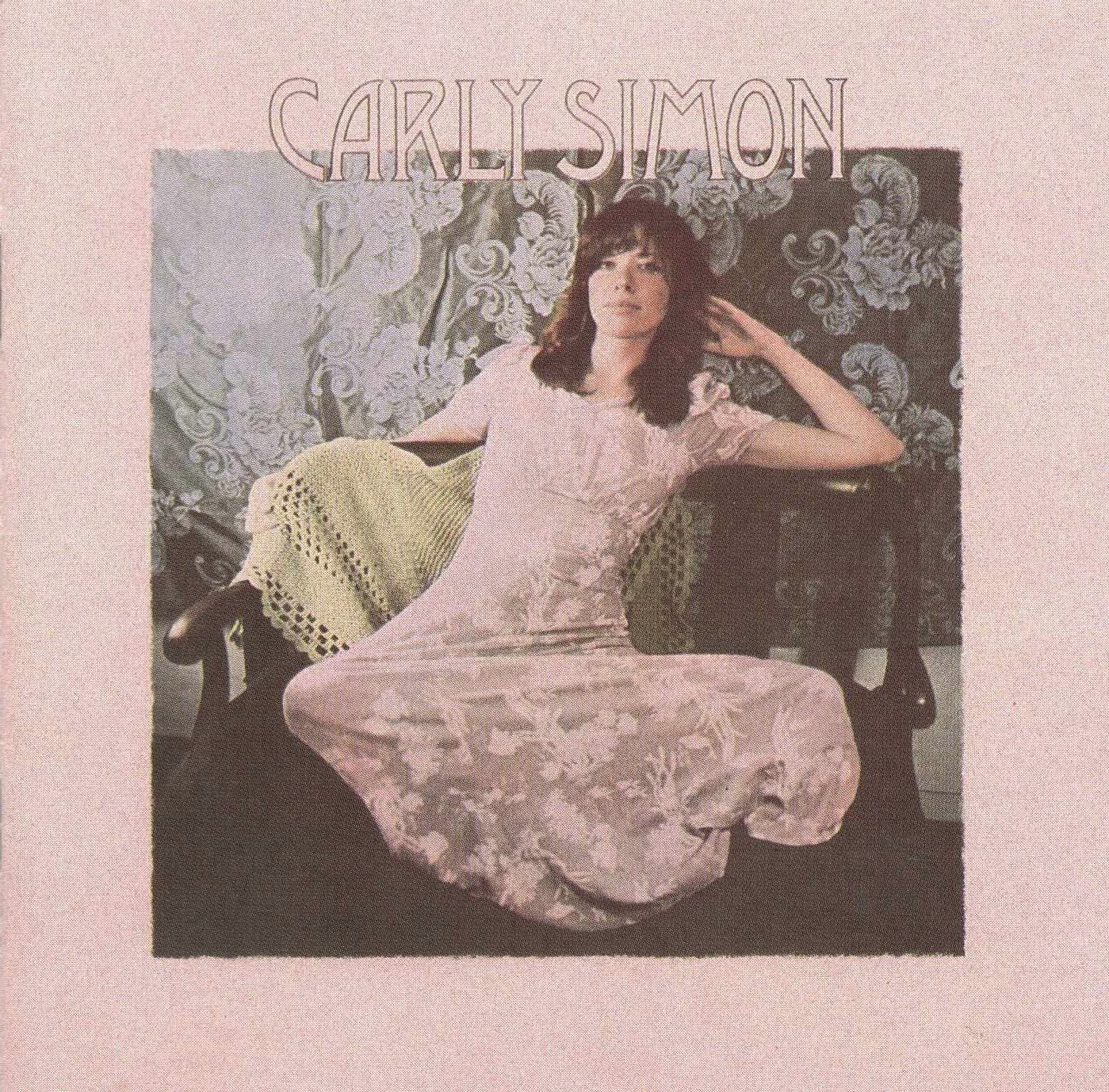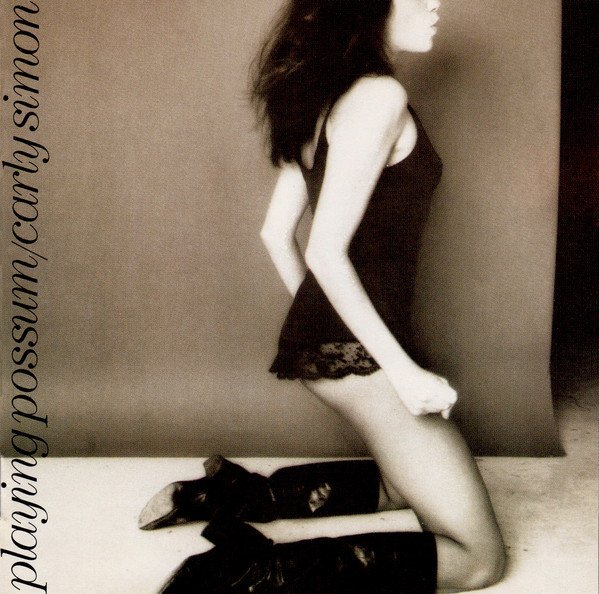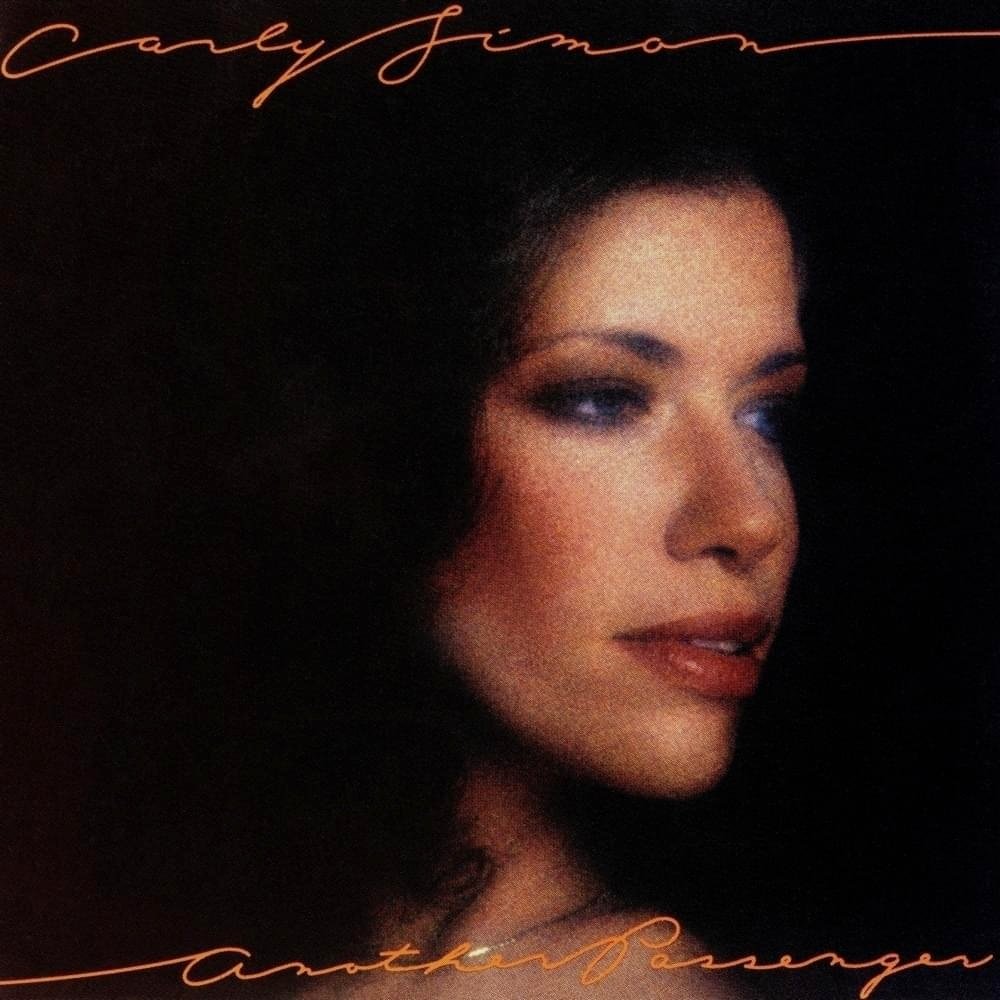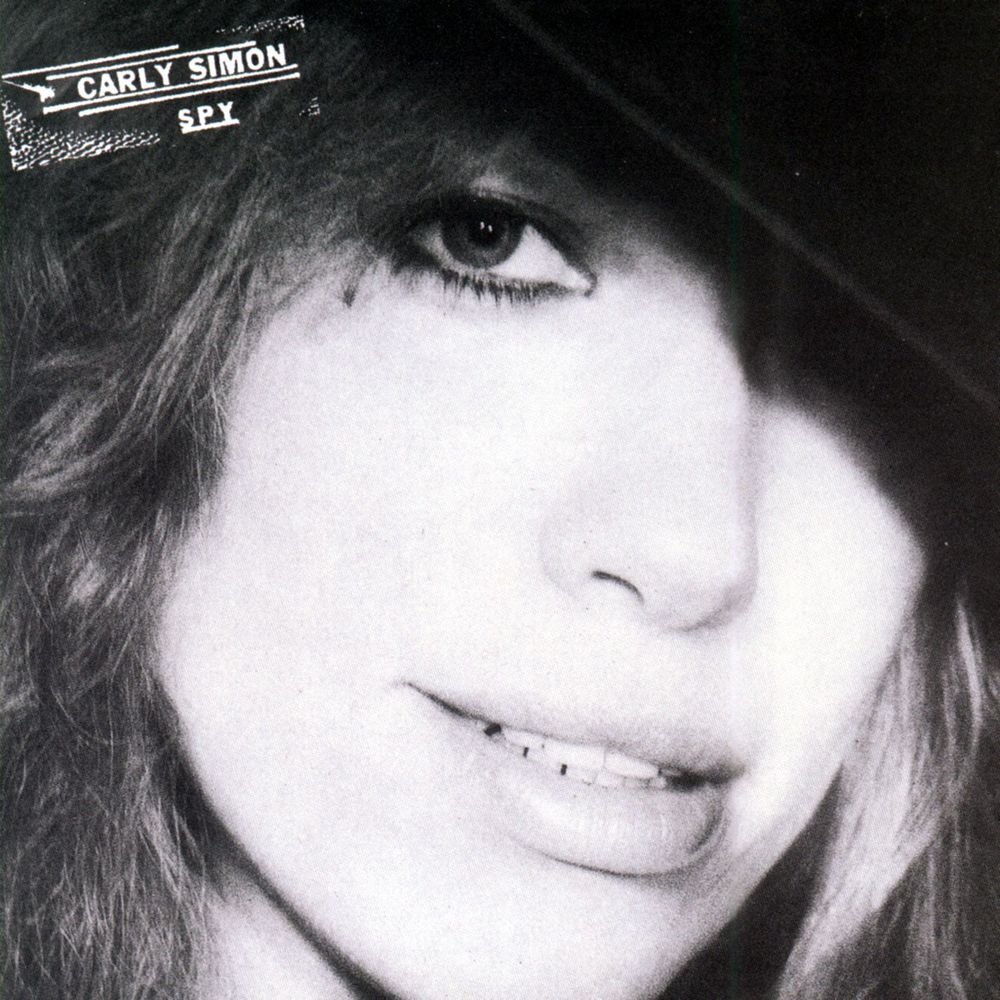Happy 40th Anniversary to Carly Simon’s eleventh studio album Hello Big Man, originally released September 20, 1983.
Located in the August 7th, 1980 issue of Rolling Stone was an advertisement placed by Warner Bros. Records extolling one of their new albums. That recording was Come Upstairs and the woman behind it—the newest star on the Warner Bros. roster—was Carly Simon. The new wave rinsed LP had been released just two months earlier and was Simon’s ninth album overall. Produced by vibraphonist Mike Mainieri, Come Upstairs carried on in the sonically stylish vein introduced via Playing Possum (1975) on the Elektra Records imprint.
However, by the end of the singer-songwriter’s eight-year tenure at Elektra, her versatility hadn’t always guaranteed commercial returns. It was likely hoped that a change of scenery could bring a bit of chart luster back—and this was somewhat correct. “Jesse,” the debut single from Come Upstairs, became Simon’s biggest hit since her run of singles from Boys in the Trees (1978). Subsequent tracks earmarked for release failed to spark the charts and the record’s corresponding tour was halted due to Simon’s brief bout with exhaustion.
The source of Simon’s physical and emotional fatigue was the advancing disintegration of her marriage to folk/rock troubadour James Taylor. Their marital woes certainly acted as one of the creative principles for Come Upstairs as well as Torch (1981) and Hello Big Man, the two LPs that came in its wake. A lesser artist would not have been able to flip their personal tumult into the stuff of major song scripting. Not Simon. She had always parlayed portions of her own experience into her work and her Warner Bros. album triptych crafted with Mainieri in the producer’s seat proved to be no exception.
After Simon’s imaginatively enterprising foray into the “American songbook” with Torch, which predated similar efforts by Linda Ronstadt and Natalie Cole in 1983 and 1991 respectively, she came home to her own material with Hello Big Man. The long player’s mid-September 1983 reveal coincidentally intersected with the finalization of her divorce from Taylor. The weight of that life change informs the entries of “Damn You Get to Me,” “Orpheus,” “It Happens Everyday,” and “You Don’t Feel the Same.” Eloquent in the expression of her heartbreak, Simon framed these vivid lyrical portraits with equally enthralling music as heard on the orchestral lushness of “Damn You Get to Me” and the sparsely attired guitar-pop of “Orpheus.”
These songs, as well as “It Happens Everyday” and “You Don’t Feel the Same,” operate from a classic folk and/or acoustic foundation in which Mainieri, with Simon’s guidance, builds around that nucleus with a host of other aural textures.
Listen to the Album & Watch the Official Videos:
But, Hello Big Man didn’t just serve as a spillover for Simon’s post-divorce malaise or act as a folk-pop redux. She kept actively exploring new musical and lyrical terrain. Assisting her and Mainieri in those areas on Hello Big Man were Peter Wood, Jacob Brackman—a longtime friend and occasional co-writer—Sly Dunbar, and Robbie Shakespeare. With this solid team behind her, Simon’s confidence soared artistically. She took another stab at new wave with the LP’s opener and first single “You Know What to Do,” albeit in crisper, cooler context than the more florid vibe evinced on the mass of Come Upstairs.
There were maritime melodies and island rhythms that excitingly abounded on the set too. The former aesthetic is encapsulated within “Menemsha,” a dashing valentine to a seemingly fictional New England romance. The latter sound path concerned itself with a reggae persuasion with a lovely cover of Bob Marley’s “Is This Love?” and two original compositions, “Such a Good Boy” and “Floundering”—the pair charted the psychological and amorous mores of the contemporary American woman.
And then there is the effort’s centerpiece, the title track. Its namesake was borrowed from a factual, if flirtatious retort from Simon’s mother Andrea Heinemann—a switchboard operator at Simon & Schuster, Inc.—to Simon’s father Richard, the “Simon” half of the publishing giant. Mr. Simon had kicked off the exchange with Heinemann with a coy greeting of “hello little woman.” Musically speaking, the song is a bright ballad that is equal parts synth-rock and adult contemporary pop. Simon had been utilizing these elements in her soundtrack commissions adjacent to her studio recordings in 1982 and they would later play a significant role in the meticulous construction of her thirteenth album Coming Around Again (1987).
In relation to its story, “Hello Big Man” is a song à clef that rewrote her parents’ marriage with the happy ending it never had in real life. That Simon thought to use this piece as her song cycle’s nom de guerre probably spoke to Simon’s own wish for reconciliation between herself and Taylor.
Even with its glowing reviews, Hello Big Man did not turn around Simon’s sales slide. Two singles were lifted from the project, “You Know What to Do” and “Hello Big Man”; another cut, “It Happens Everyday,” was given an exclusive music video treatment and later screened in select movie theatres nationwide for promotional purposes—none of these moves assuaged her commerce crisis.
Enjoying this article? Click/tap on the album covers to explore more about Carly Simon:
Simon departed Warner Bros. for Epic Records for Spoiled Girl (1985) before securing a deal with Arista Records for Coming Around Again which initiated a commercial renaissance that carried her into the 1990s. Further accomplishments—both artistically and commercially—came in the slipstream of Coming Around Again, but Hello Big Man marked the brilliant culmination of Simon’s most daring recording epoch. Not even the absence of a radio hit could obscure the creative energy rooted in this collection that has only continued to age gracefully since its conception.
LISTEN:
Editor's note: this anniversary tribute was originally published in 2018 and has since been edited for accuracy and timeliness.





